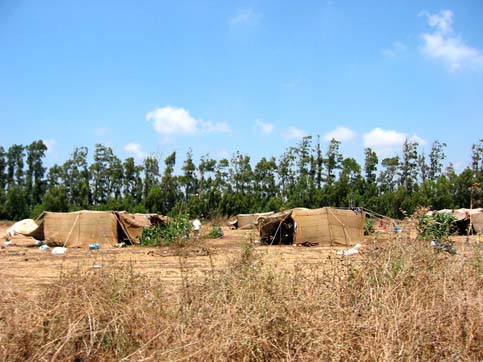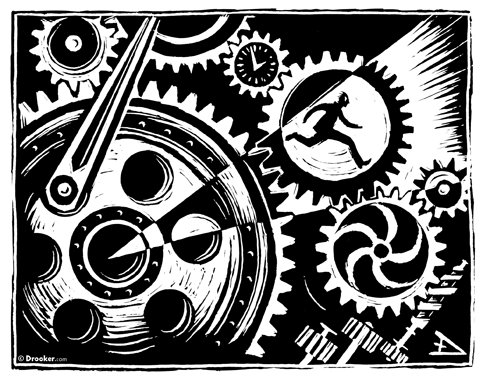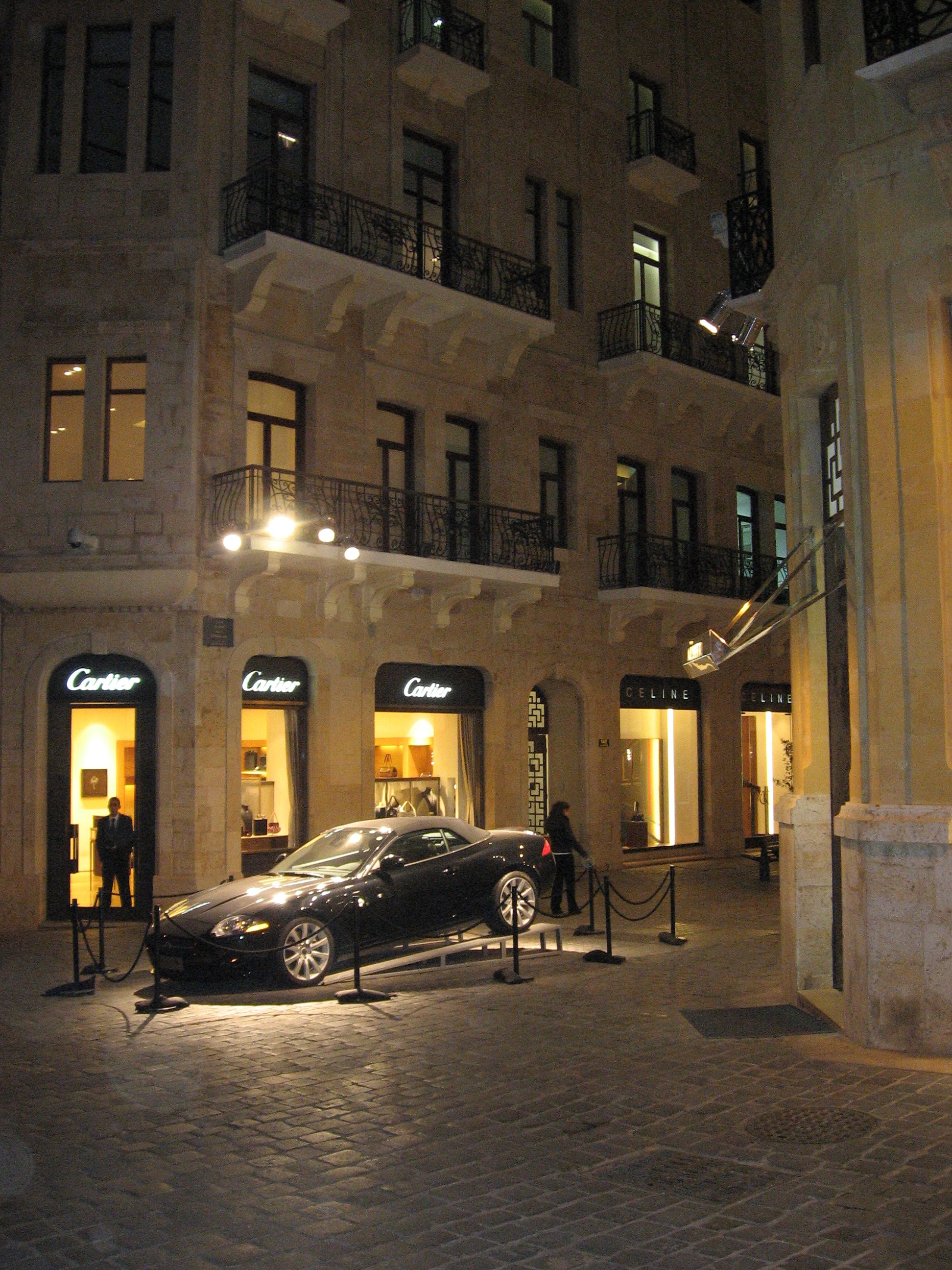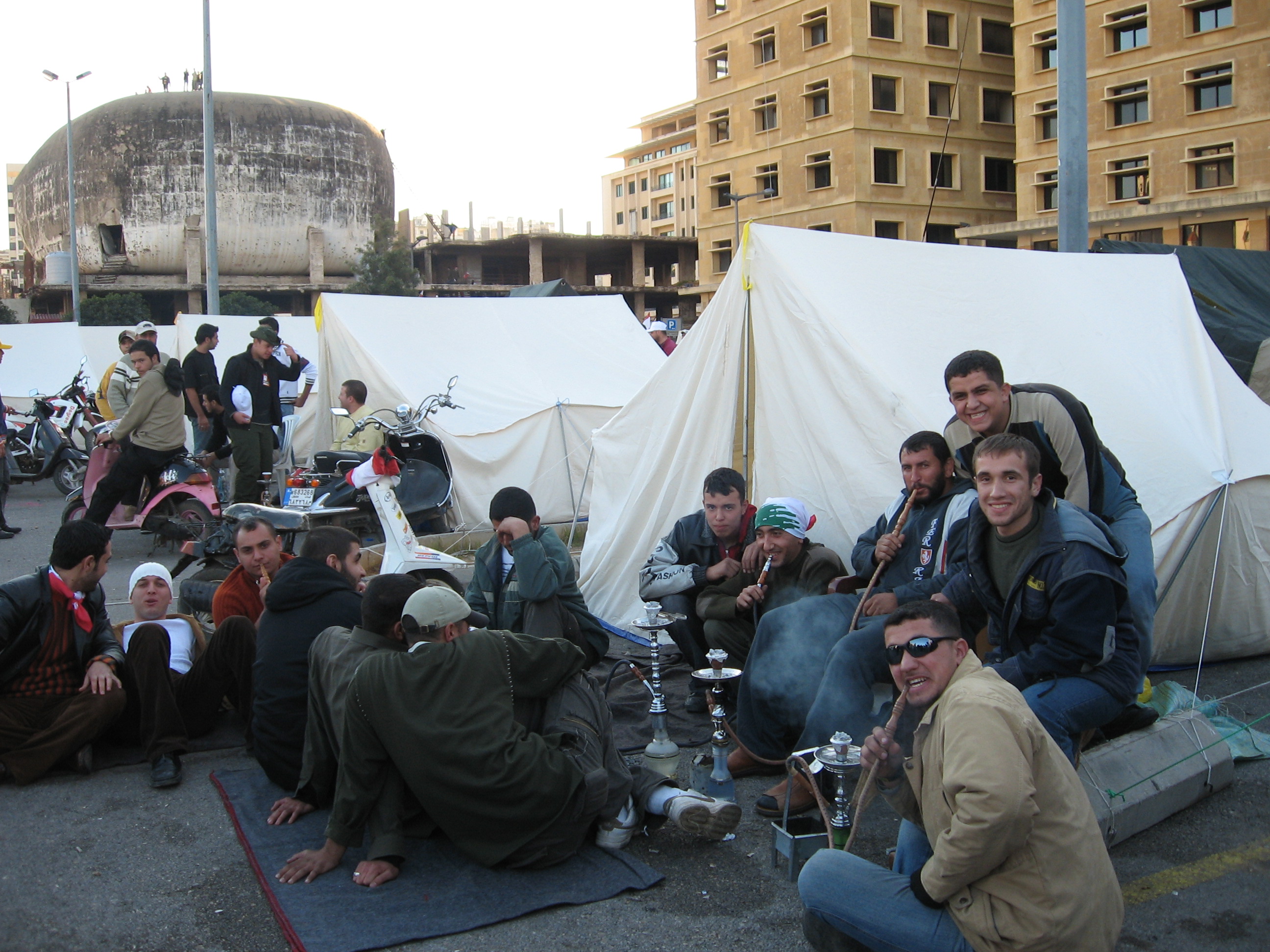From Kosovo to Lebanon, cluster bomb casualties continue to mount
By Frida Berrigan – IN THESE TIMES
 In just one week in October, a series of bomb scares swept across Germany. Outside of Hannover, 22,000 people were evacuated when three bombs were discovered. A few days later in the same city, a weapons removal squad defused a 500-pound bomb found near the highway. Finally, a highway worker was killed when his cutting machine hit a buried bomb on the main highway into Frankfurt.
In just one week in October, a series of bomb scares swept across Germany. Outside of Hannover, 22,000 people were evacuated when three bombs were discovered. A few days later in the same city, a weapons removal squad defused a 500-pound bomb found near the highway. Finally, a highway worker was killed when his cutting machine hit a buried bomb on the main highway into Frankfurt.
The bombs hadn’t been planted by terrorists, and they weren’t the opening salvos of the next war. The culprit was unexploded ordnance left over from a war fought more than 60 years ago. “We’ll have enough work to keep us busy for the next 100 to 120 years,” the owner of a bomb-defusing company told the New York Times.
The submunitions dispersed by cluster bombs are a lot smaller than 500 pounds, but their use in every major conflict since World War II ensures that bomb clearers the world over will have work for decades—even centuries—to come. From Vietnam, Laos and Cambodia, to the countries of the former Yugoslavia, and onto Afghanistan, Iraq and Lebanon, modern battlefields are littered with bombs that continue to kill long after wars have ended. Ninety-eight percent of those killed or injured by cluster bombs are civilians. And yet international efforts to restrict the use of cluster bombs—modeled after landmine treaties of previous years—are being undermined by lack of U.S. participation. Worse, instead of destroying old cluster bomb stockpiles, the United States is exporting them to allies around the world. (Lire la suite…)






 In just one week in October, a series of bomb scares swept across Germany. Outside of Hannover, 22,000 people were evacuated when three bombs were discovered. A few days later in the same city, a weapons removal squad defused a 500-pound bomb found near the highway. Finally, a highway worker was killed when his cutting machine hit a buried bomb on the main highway into Frankfurt.
In just one week in October, a series of bomb scares swept across Germany. Outside of Hannover, 22,000 people were evacuated when three bombs were discovered. A few days later in the same city, a weapons removal squad defused a 500-pound bomb found near the highway. Finally, a highway worker was killed when his cutting machine hit a buried bomb on the main highway into Frankfurt.


